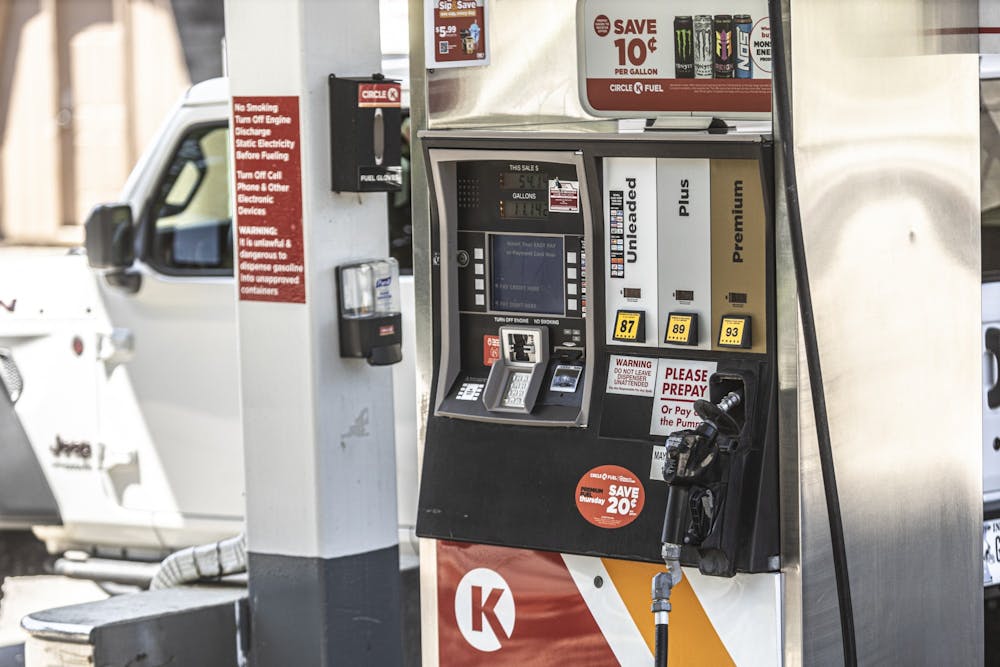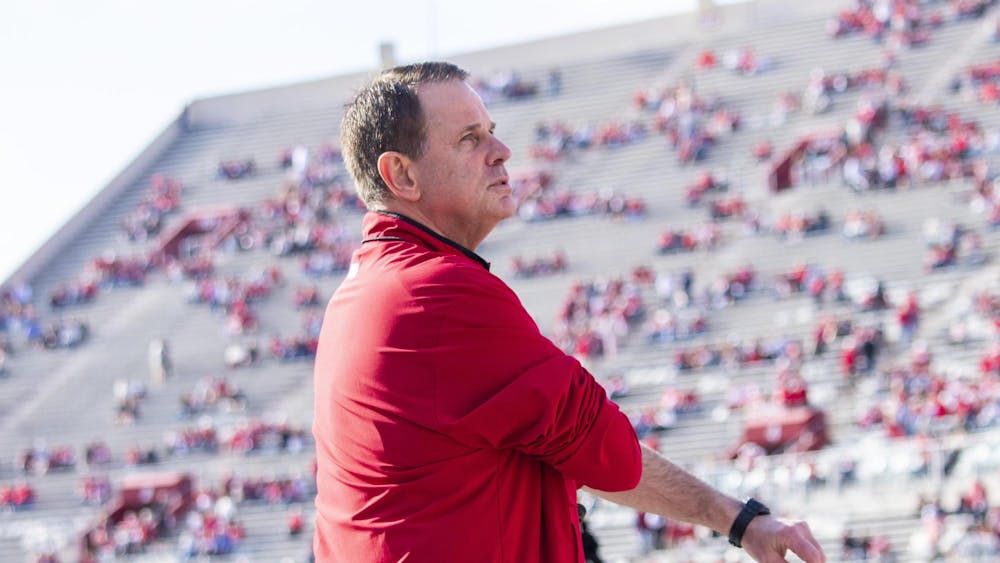Hoosiers are paying a record 80.4 cents per gallon in gas taxes this month, among the highest in the nation. After a failure to pass a temporary suspension of state gas taxes in the legislature, some legislators say they want to address the issue again in the July 25 special session.
Why are gas taxes increasing each month?
Indiana has two gas taxes, an excise tax and a sales tax.
The excise tax, currently at 33 cents, increased by 10 cents in 2017 to fund road maintenance and construction. This tax increases 1 cent per year to keep pace with inflation.
The sales tax is a 7% tax on each gallon of gasoline. As gas prices increase, the amount of tax paid increases as well. Only 10 other states apply sales tax to gas.
Why tax gasoline?
IUPUI political science professor William Blomquist says Indiana policymakers may have set the state’s gas tax higher because it's paid by both residents and nonresidents passing through Indiana.
“Many vehicles pass through Indiana, the “Crossroads of America,” coming from and going to other states,” he said.
A major factor in the decision was funding for I-69, but the money has funded construction projects across the state. In April, the Indiana Department of Transportation announced its Next Level Roads plan, which features a $60 billion dollar investment into 1,300 scheduled construction projects.
Why not suspend the tax?
Democrats want to suspend the tax for three months. They argue that the $400 million in lost revenue for roads can be easily covered with Indiana’s budget surplus, which was $3.9 billion last year.
Governor Eric Holcomb said he would have to declare an energy emergency in order to suspend the gas tax himself, but says the threshold for the declaration has not yet been met.
“The states that have suspended the gas tax thus far have done so through the legislature,” Holcomb said.
Republicans in the statehouse oppose a temporary suspension of the tax. They say lowering the price of gasoline will increase demand and cause the price to rise again.
In 2000, when gas was nearly $2 a gallon, then-governor Frank O’Bannon suspended the gas tax for almost four months. According to the Journal of Public Economics, consumers received only 70% of the cut. An analysis by the University of Pennsylvania found a portion of gas tax suspensions are usually absorbed by the supplier.
Despite the divide in Indiana, in other states, suspending gas taxes has not been a partisan issue. In Connecticut, the legislature voted unanimously to suspend the gas tax, and Georgia’s Republican governor Brian Kemp continues to extend a moratorium on gas taxes.
What are the next steps?
Democrats in the Statehouse hope to address a gas tax suspension in the special session, set to convene July 25 and last through August 5.
Already on the agenda is Holcomb’s proposed $225 refund for taxpayers, which Republicans say is a better relief option than the gas tax. Anti-abortion legislation will also be on the table, making it a crowded agenda for the session.






